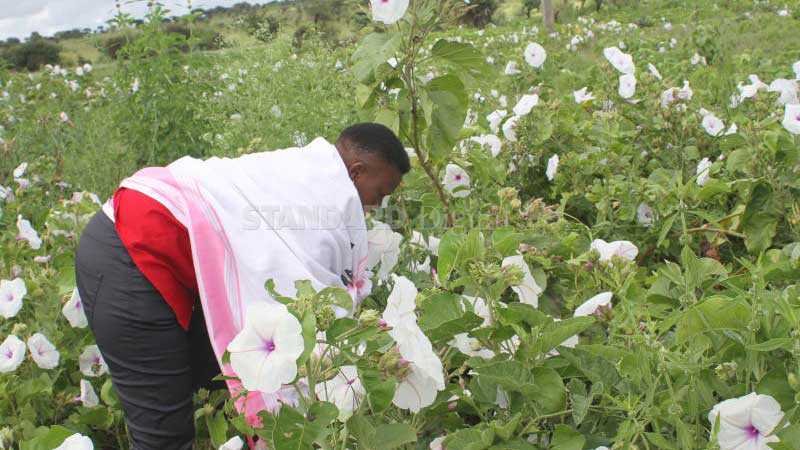×
The Standard e-Paper
Home To Bold Columnists

While the rains came as a blessing after a long dry spell, herders in the county are worried about insufficient pasture as a result of an invasive weed that has affected thousands of acres of land.
The evergreen weed known as Ipomoea cannot be eaten by livestock and neither grass grow under it or in its surroundings.